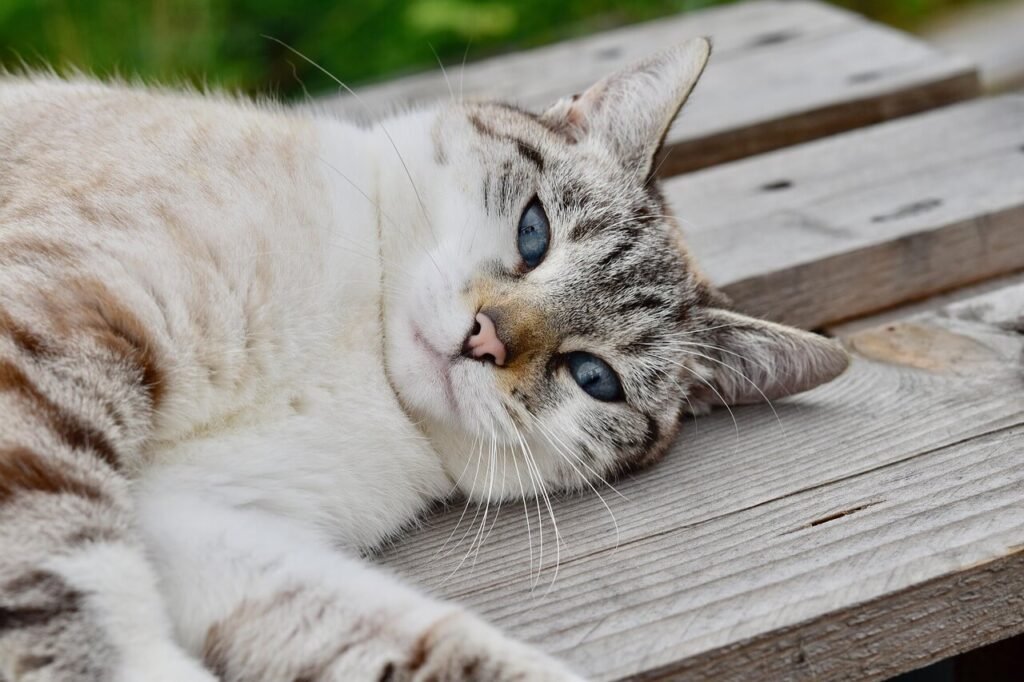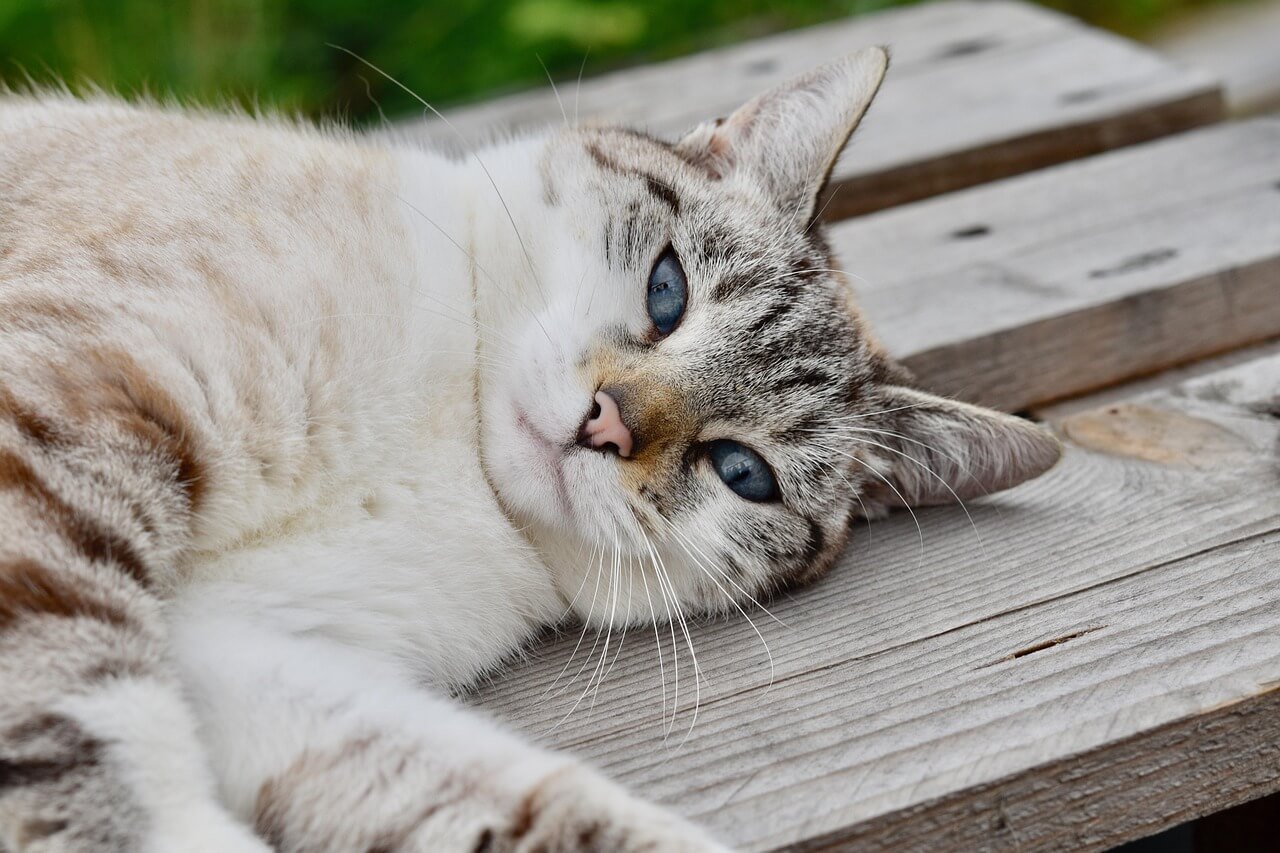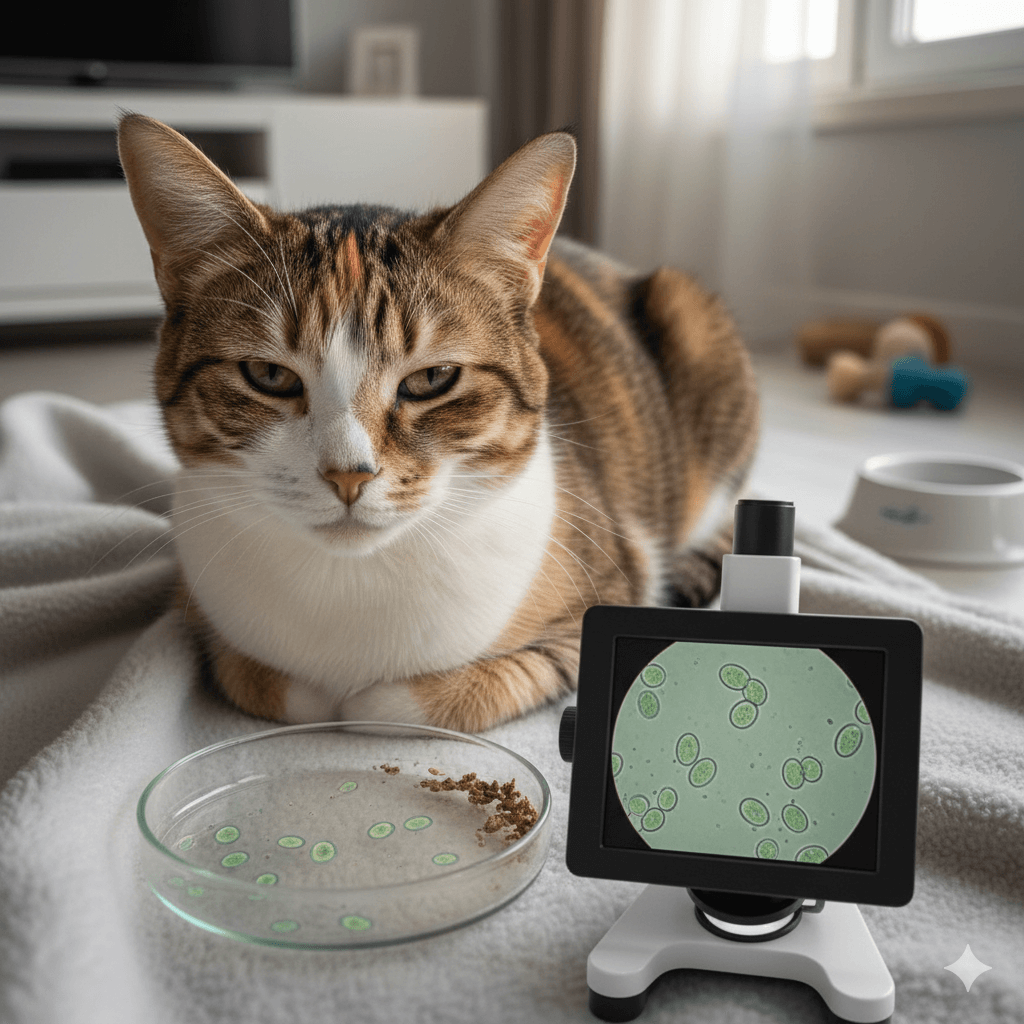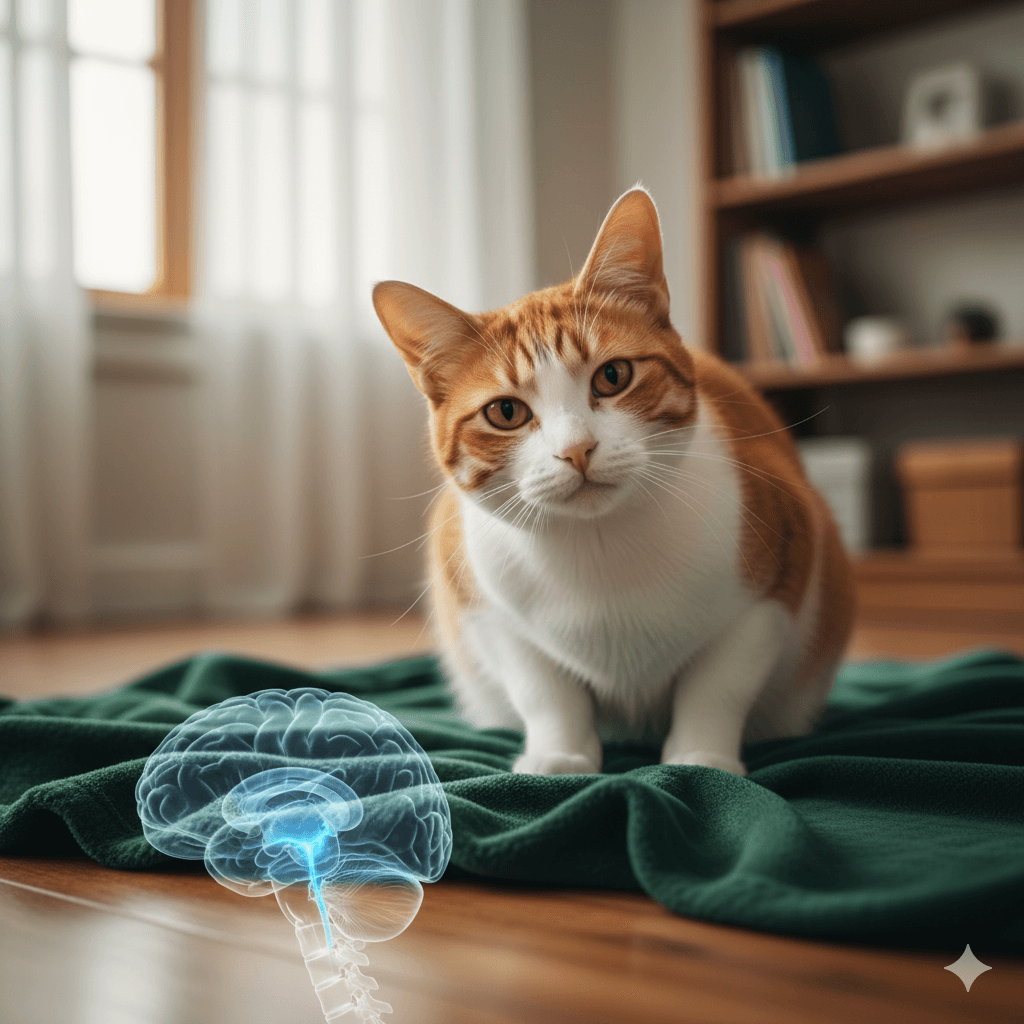I Have Separation Anxiety from My Cat: Understanding the Bond
For many cat owners, their feline companions are more than just pets—they’re family. The bond between humans and cats can be incredibly strong, offering comfort, joy, and unconditional love. However, what happens when this bond becomes so deep that being apart from your cat causes distress? If you’ve ever found yourself feeling anxious or overwhelmed at the thought of leaving your cat behind, you might be experiencing separation anxiety from your cat. While it’s not as commonly discussed as separation anxiety in pets, this phenomenon is real and affects many devoted cat owners.
In this blog post, we’ll explore why this happens, how it impacts your life, and practical ways to manage these feelings. Let’s dive into understanding this unique connection and find ways to nurture it without letting it overwhelm you.
Signs You May Have Separation Anxiety from Your Cat
Separation anxiety from a cat isn’t always easy to recognize, but there are clear signs that indicate you might be struggling with this emotional challenge. Here’s what to look out for:
Constant Worry About Their Well-Being
You find yourself obsessively thinking about whether your cat is safe, happy, or comfortable while you’re away.Difficulty Leaving Them Behind
Even short trips or errands feel unbearable because you can’t bear to be apart from your cat.Checking In Excessively
You frequently call someone at home or set up cameras just to check on your cat multiple times a day.Physical Symptoms of Anxiety
Feelings of nausea, restlessness, or panic may arise when you think about leaving your cat alone.Avoiding Social Plans
You turn down invitations or opportunities because you don’t want to leave your cat behind.
If any of these resonate with you, it’s important to acknowledge your emotions and take steps to address them. Recognizing the signs is the first step toward finding balance in your relationship with your cat.
Causes of Separation Anxiety from Your Cat
Understanding why you experience separation anxiety from your cat can help you better manage your feelings. Here are some common reasons behind this emotional attachment:
Strong Emotional Bond
Cats often become emotional anchors, providing companionship and reducing loneliness, which can make separations harder to handle.Past Experiences
Previous losses or traumatic events involving pets may heighten your fear of being apart from your current cat.Personality Traits
If you’re naturally empathetic or prone to anxiety, you may be more likely to develop separation anxiety from your cat.Lack of Support System
Feeling isolated or lacking human connections can intensify your reliance on your cat for emotional support.Overprotective Tendencies
A desire to shield your cat from harm or discomfort can lead to excessive worry and difficulty detaching emotionally.
Identifying the root cause of your anxiety can guide you toward healthier coping mechanisms. Remember, your feelings are valid, but they don’t have to control your life.
Check this guide 👉Understanding Cat Anti-Anxiety Medication: Best 7 Tips!
Check this guide 👉Why Is My Cat Hiding Under the Bed? Best 7 Tips!

Signs of Separation Anxiety from Your Cat | Ways to Cope with Separation Anxiety |
|---|---|
Constant worry about their well-being | Practice mindfulness techniques to stay calm |
Difficulty leaving them behind | Gradually increase time apart to build comfort |
Checking in excessively | Set boundaries for checking on your cat |
Physical symptoms of anxiety | Engage in relaxation exercises like deep breathing |
Avoiding social plans | Seek support from friends, family, or therapists |
Tips for Managing Separation Anxiety from Your Cat
Managing separation anxiety from your cat involves both practical strategies and emotional adjustments. Here are some tips to help you regain balance:
Create a Routine
Establish a consistent schedule for feeding, playtime, and leaving the house to help both you and your cat feel more secure.Use Technology Wisely
Install pet cameras to check on your cat occasionally, but avoid over-monitoring, which can reinforce anxiety.Practice Self-Care
Focus on activities that bring you joy and relaxation, helping to shift your focus away from constant worry.Set Boundaries
Limit how often you check in on your cat or rearrange your thoughts about their independence.Seek Professional Help
If your anxiety feels overwhelming, consider speaking with a therapist who specializes in attachment issues or pet-related stress.
By implementing these strategies, you can reduce your anxiety and strengthen your bond with your cat in a healthy way. Balance is key to ensuring both you and your feline friend thrive.
How to Strengthen Your Bond Without Overdependence
Building a strong bond with your cat doesn’t mean you need to sacrifice your mental health. Here are some ways to nurture your relationship while maintaining emotional balance:
Engage in Playtime
Interactive toys and games can deepen your connection and provide quality time together.Train Your Cat
Teaching tricks or commands strengthens trust and gives you shared goals to work toward.Encourage Independence
Provide enriching activities like puzzle feeders or climbing towers to help your cat feel confident even when you’re not around.Celebrate Small Moments
Focus on appreciating everyday interactions rather than fixating on fears of separation.Build a Support Network
Connect with other cat lovers or join online communities to share experiences and advice.
These practices allow you to enjoy your cat’s companionship without letting anxiety overshadow the joy they bring. A balanced approach ensures a happier life for both of you.
Common Misconceptions About Separation Anxiety from Cats
There are several misconceptions about separation anxiety in cat owners that can lead to feelings of guilt or confusion. Clearing up these myths can help you better understand your emotions and take proactive steps. Here’s what you need to know:
Myth: Only Weak or Overly Attached People Experience This
In reality, anyone can experience separation anxiety, regardless of their personality or attachment style.Myth: It’s Just a Phase That Will Pass on Its Own
Without addressing the underlying causes, separation anxiety may persist or worsen over time.Myth: Cats Don’t Get Affected by Their Owners’ Anxiety
Cats are highly perceptive and can pick up on your stress, potentially leading to behavioral changes in them as well.Myth: Ignoring Your Feelings Will Make Them Go Away
Suppressing your emotions often makes them stronger; acknowledging them is the first step toward healing.Myth: You’re the Only One Who Feels This Way
Many pet owners experience similar feelings, and there’s no shame in seeking advice or support.
By dispelling these myths, you can approach your feelings with greater clarity and compassion. Remember, you’re not alone, and help is available.
Fun Facts About the Human-Cat Bond
The bond between humans and cats is fascinating and deeply rooted in history. Learning more about this connection can deepen your appreciation for your feline friend. Here are some intriguing facts:
Cats Have Been Companions for Thousands of Years
Domesticated cats have coexisted with humans for over 9,000 years, providing companionship and pest control.Cats Can Recognize Their Owner’s Voice
While they may not always respond, cats can distinguish their owner’s voice from others.Purring Has Healing Properties
A cat’s purr can reduce stress and even promote healing in humans due to its soothing vibrations.Oxytocin Levels Increase During Interactions
Both humans and cats release oxytocin, the “love hormone,” during positive interactions, strengthening their bond.Cats Show Affection in Subtle Ways
Slow blinks, head-butting, and kneading are all signs your cat trusts and loves you.
These fun facts highlight the unique and mutually beneficial relationship between humans and cats. Understanding these dynamics can enrich your bond and provide comfort during times of separation.
Creative Ways to Stay Connected with Your Cat When Apart
If you struggle with separation anxiety, finding ways to feel connected to your cat while apart can ease your worries. Here are some creative ideas to maintain that bond:
Leave a Piece of Clothing Behind
Place an unwashed shirt or scarf near your cat’s bed so they can smell your scent and feel close to you.Record Your Voice
Play recordings of your voice or favorite songs to comfort your cat when you’re not home.Use Interactive Toys
Provide toys that mimic your presence, such as automated laser pointers or treat-dispensing puzzles.Set Up a Cozy Space
Create a special area with blankets, toys, and familiar scents to make your cat feel secure in your absence.Write Notes (Yes, Really!)
Some owners find comfort in writing letters to their cats, expressing love and gratitude, which helps process emotions.
These small gestures can bridge the gap between you and your cat, offering reassurance to both of you. By fostering a sense of connection, you can reduce anxiety and strengthen your bond—even from afar.
Frequently Asked Questions About Separation Anxiety from Your Cat
Is it normal to feel separation anxiety from my cat?
Yes, it’s normal to feel deeply attached to your cat, but if it interferes with daily life, it may need addressing.
Can separation anxiety from my cat affect my mental health?
Yes, prolonged anxiety can lead to stress, depression, or avoidance behaviors, impacting overall well-being.
How can I tell if my cat also has separation anxiety?
Signs include destructive behavior, excessive meowing, or changes in appetite when left alone.
Will getting another pet help ease my anxiety?
It depends; while another pet might provide companionship, it won’t necessarily resolve your personal anxiety.
Should I talk to a professional about my feelings?
Absolutely, especially if your anxiety feels overwhelming or disrupts your daily routine.
Finding Balance in Your Relationship with Your Cat
Experiencing separation anxiety from your cat is a testament to the deep love and bond you share. However, it’s essential to find ways to manage these feelings so they don’t overshadow the joy your feline companion brings into your life. By acknowledging your emotions, setting healthy boundaries, and seeking support when needed, you can maintain a fulfilling relationship with your cat without letting anxiety take control. Remember, your cat loves you unconditionally, and fostering a balanced connection will benefit both of you. Embrace the moments you spend together, celebrate your unique bond, and prioritize your mental health along the way. After all, a happy owner makes for a happy cat!
Understanding Cryptosporidium in Cats: Best 7 Expert Tips! – Spot symptoms, treat safely, and stop parasite spread in your home.
Understanding Cryptosporidium in Dogs: Best 7 Expert Tips! – Learn symptoms, treatment & prevention for this stubborn gut parasite.
Understanding Syringomyelia in Cats: Best 7 Expert Tips! – Recognize signs, manage pain, and support your cat’s neurological health with vet-backed guidance.
Understanding Syringomyelia in Dogs: Best 7 Expert Tips! – Expert insights on symptoms, MRI diagnosis, pain management & quality of life.





